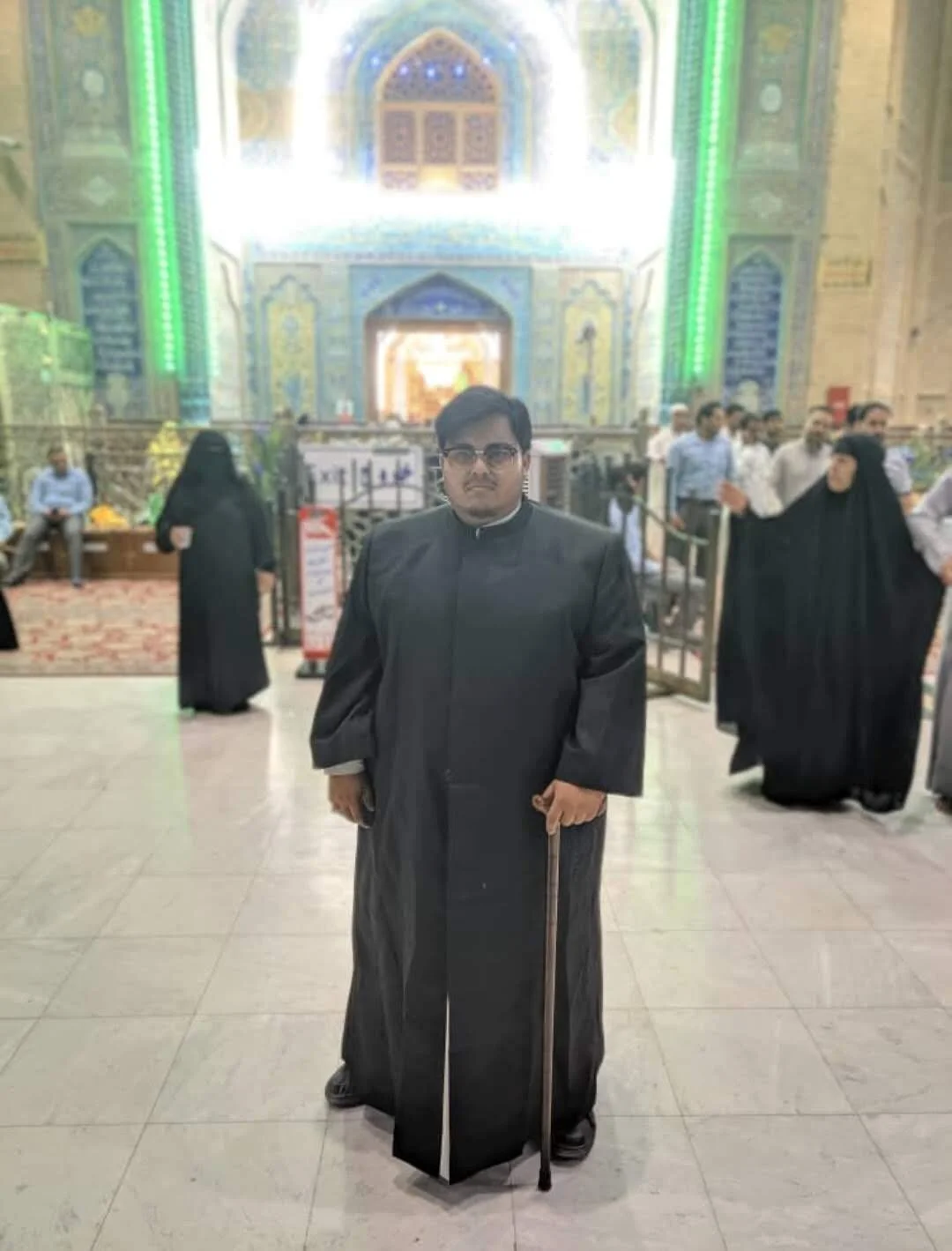Student Profile Update: Shabbir Agha Abbas
Shabbir Agha Abbas, was most recently a graduate student at Columbia University (MEI/MESAAS) working on Islamic Law and Shari‘a Studies, and now is a PhD student at the University of Arizona, as well as a recipient of the prestigious Roshan Institute Fellowship for Excellence in Persian Studies (https://roshan-institute.org/fellowship/). Shabbir, alongside his Columbia MA, holds an MA in Religion from Rutgers University and has been involved in the Muslim World Manuscript (MWM) project, helping to catalog and describe manuscripts in the RBML collection. He also earned his BA at Rutgers in Religion and Middle Eastern Studies, completed exchange coursework at Princeton, and has pursued Hawzah studies privately with teachers from Najaf and Qom. Shabbir last year was also appointed as the manuscript subject editor at Hazine.
His research focuses on the intellectual development of Shi‘ism in general, but more specifically on how Shi‘i intellectual developments in Najaf and Karbala (Iraq) traveled and took hold in other geographic areas, such as North India. In particular, he focuses on the works of a number of late 18th century Shi‘i scholars who trained in Iraq and traveled to North India, e.g. Sayyid Dildar ‘Ali Naqawi Nasirabadi (d. 1235/1820). Nasirabadi is notable for writing important polemical works that led to the alignment of North Indian Twelver Shi‘ism with the dominant Usuli tradition of Najaf and Karbala; he wrote Asas al-Usul as a rejoinder against the Akhbaris of North India, as well as al-Shihab al-Thaqib against pro-Sufi Twelvers. He has examined these texts, and recently photographed the latter text at the British Library, in hopes of working on a critical edition in the near future.
Shabbir recently published a post on Hazine about his experience conducting research at Al-Imam al-Hakim Public Library in the seminary city of Najaf.
Shabbir was also interviewed by the Global Studies Blog at Columbia University, which details his research and work with the MWM Project: An Interview with Shabbir Agha Abbas; Poring over Manuscripts for a broader and more vibrant understanding of Islamic Studies
